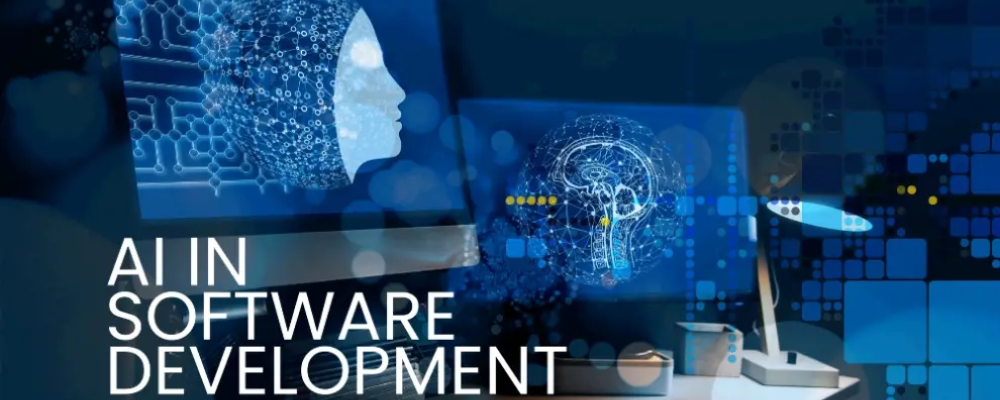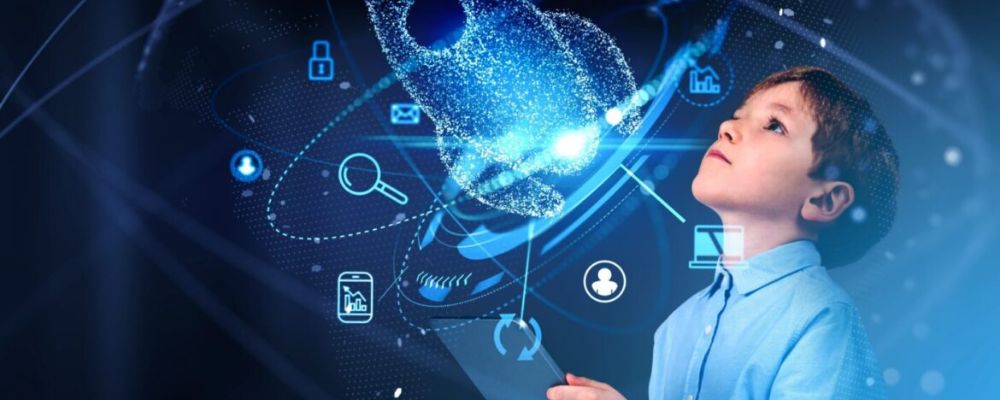
In the rapidly evolving field of software development, Artificial Intelligence (AI) is making a significant impact by enhancing productivity and streamlining various aspects of the development process. AI-powered tools and techniques are revolutionizing how developers approach coding, testing, debugging, and maintaining software. This blog explores the ways AI is transforming software development, the benefits it offers, and the future trends in AI-driven development.
The Role of AI in Software Development
AI is integrated into software development through various tools and platforms that leverage machine learning algorithms, natural language processing (NLP), and predictive analytics. Here are some key areas where AI is making a difference:
1. Code Generation and Optimization
AI-powered code generation tools can automatically write code based on given specifications. These tools, such as GitHub Copilot, use machine learning models trained on vast amounts of code to suggest code snippets, functions, and even entire modules. This speeds up the development process and reduces the likelihood of human error.
2. Bug Detection and Fixing
AI algorithms can analyze code to identify potential bugs and vulnerabilities. Tools like DeepCode and Snyk use machine learning to detect issues in real-time and suggest fixes. This proactive approach to bug detection helps maintain high code quality and reduces the time spent on debugging.
3. Automated Testing
AI-driven testing tools can create, execute, and maintain test cases automatically. By using machine learning, these tools can predict which test cases are most likely to fail and prioritize them, ensuring efficient use of testing resources. Examples include Testim and Applitools, which enhance test automation and improve test coverage.
4. Predictive Analytics
AI can analyze historical project data to predict potential bottlenecks, project delays, and resource requirements. Predictive analytics tools help project managers make informed decisions, allocate resources effectively, and ensure timely project delivery.
5. Natural Language Processing (NLP)
NLP techniques enable AI to understand and interpret human language, allowing developers to interact with code and documentation more intuitively. Tools like TabNine and Kite use NLP to provide context-aware code completions, improving coding speed and accuracy.
Benefits of AI in Software Development
The integration of AI in software development offers numerous benefits that enhance productivity and efficiency:
1. Increased Development Speed
AI-powered tools accelerate various stages of the development process, from code generation to testing, enabling developers to deliver projects faster. This is particularly valuable in agile development environments where rapid iteration is crucial.
2. Enhanced Code Quality
By automating repetitive tasks and providing real-time feedback, AI helps maintain high code quality. Automated testing and bug detection reduce the likelihood of introducing errors into the codebase, resulting in more robust and reliable software.
3. Improved Collaboration
AI tools facilitate better collaboration among development teams by providing consistent coding standards and real-time suggestions. This ensures that all team members are aligned and can contribute effectively to the project.
4. Cost Savings
Automating time-consuming tasks such as testing and debugging reduces the need for extensive manual effort, leading to cost savings. Additionally, early detection of bugs and vulnerabilities prevents costly post-deployment fixes.
5. Enhanced User Experience
AI can analyze user behavior and feedback to provide insights into how software is being used. This information helps developers make data-driven decisions to enhance the user experience, resulting in more user-friendly and intuitive applications.
Future Trends in AI-Powered Software Development
The future of AI in software development looks promising, with several trends poised to shape the industry:
1. AI-Driven Development Environments
Integrated Development Environments (IDEs) will increasingly incorporate AI capabilities, providing developers with intelligent code suggestions, automated testing, and real-time analytics. These AI-driven IDEs will further streamline the development process and boost productivity.
2. Explainable AI
As AI becomes more integrated into software development, the need for explainable AI will grow. Developers will require tools that provide clear explanations of AI-driven decisions, ensuring transparency and trust in AI-generated code and recommendations.
3. AI-Augmented Project Management
AI will play a more significant role in project management, offering predictive analytics, risk assessment, and resource allocation. AI-augmented project management tools will help teams navigate complex projects with greater efficiency and accuracy.
4. Continuous Learning and Improvement
AI systems will continually learn from new data and user feedback, improving their performance over time. This continuous learning capability will enable AI tools to stay up-to-date with evolving coding practices and emerging technologies.
5. Ethical AI Development
As AI’s role in software development expands, ensuring ethical AI practices will become paramount. Developers will need to focus on creating unbiased, transparent, and fair AI systems that align with ethical guidelines and societal values.
Conclusion
AI-powered software development is transforming the way developers create, test, and maintain software. By leveraging machine learning, natural language processing, and predictive analytics, AI enhances productivity, improves code quality, and accelerates project delivery. The future of software development will see even more advanced AI-driven tools and techniques, further revolutionizing the industry.
As AI continues to evolve, developers and organizations must prioritize ethical AI practices and ensure transparency in AI-driven decision-making. Embracing AI-powered tools and staying informed about emerging trends will enable developers to harness the full potential of AI, leading to more innovative and efficient software solutions.
By integrating AI into the software development lifecycle, we can create a future where technology not only meets but exceeds the demands of a rapidly changing world.






